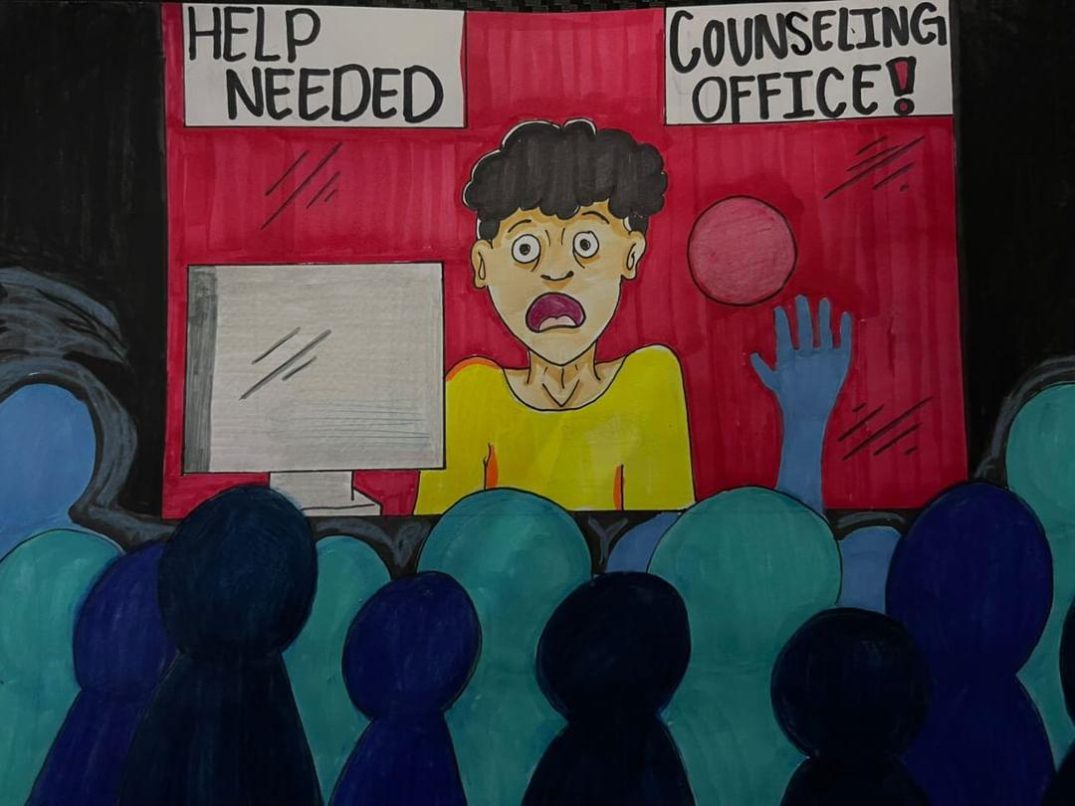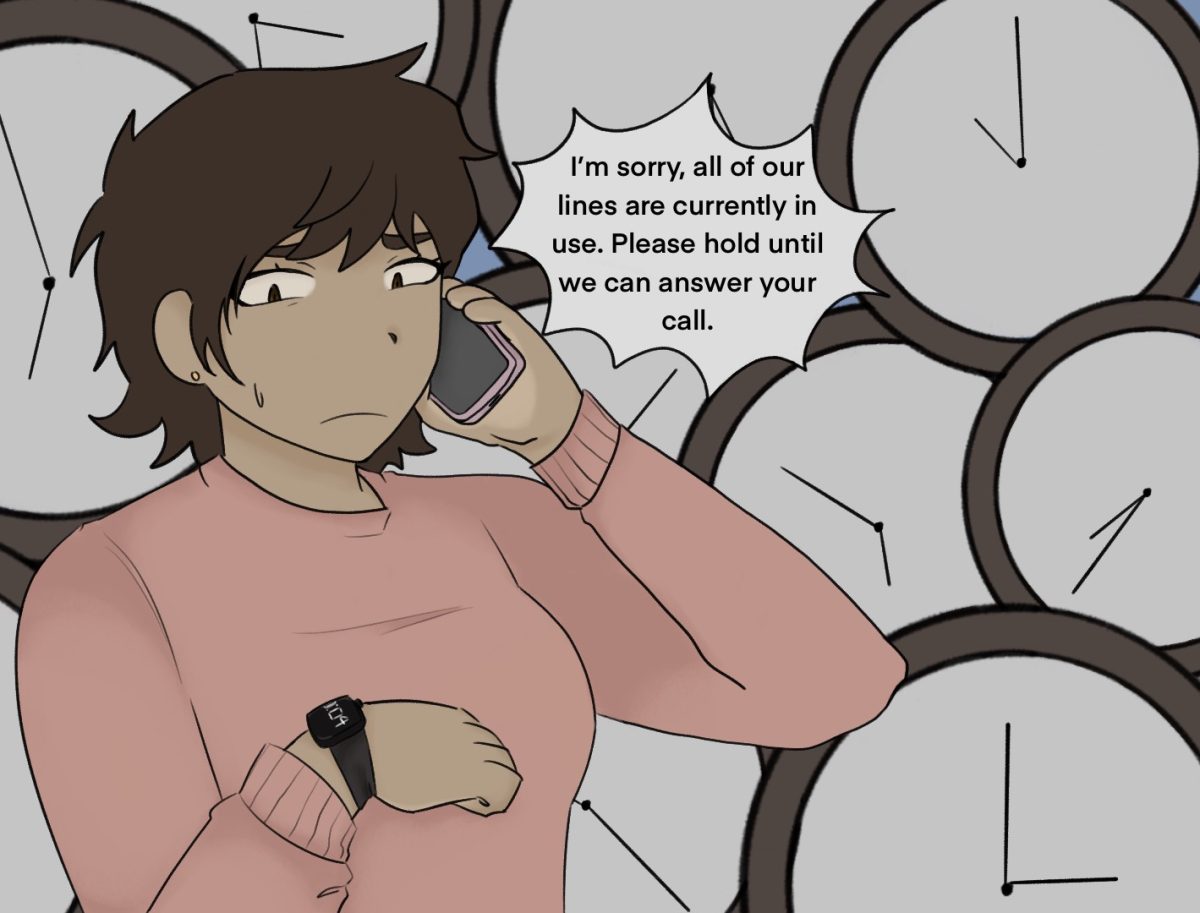With nearly 1,000 professors having signed a petition supporting the use of free, online and open source textbooks, there is hope yet for a modernized approach to education.
It has been 10 years since John Gallaugher, an associate professor of information systems at Boston College’s Carroll School of Management, last used a traditional paper-bound textbook.
Eventually, Gallaugher realized the reality of the situation: textbook costs were too high and his students preferred the supplemental material.
Gallaugher stopped assigning the textbook, calling some versions, “oppressively expensive.”
He then began creating syllabi from online materials as well as his own.
Since then, he has maintained a technologically inclined arena for his students, replete with Power point presentation slides as well as podcasts of his lectures.
Robert Bezer, a professor of math and computer science at the University of Puget Sound, has worked on his open source math textbook for nearly four years.
Like other online alternatives, Bezer’s open source textbook is free for student and professor use.
“The world doesn’t need another linear algebra textbook on the market,it needs a free one,” Bezer said.
Perhaps developing grant programs to pay faculty for their development of high-quality textbooks could inspire professors to discover new ways of delivering the same content but cheaper, or better yet, free.
Besides saving students a couple of extra bucks and aiding in the prevention of scoliosis due to hauling pounds of paper on their backs, open source textbooks are a green alternative to the massive waste of paper the manufacturing of textbooks cause.
Sure the publishers who reap the benefits of student’s monetary expenditure tremble at the thought of losing thousands, even millions, from a potential decline in textbook production, but surely they realize that most anything in print has become archaic.
The supply of open source textbooks remains miniscule compared to the abundance of print, yet the Student Public Internet Research Group maintains that the new technology is “a step toward giving commercial publishers a run for their money.”
“Any faculty member or group that is willing to make that level of commitment to provide a free textbook, I applaud them,” Bruce Hildebrand, executive director for higher education at the Association of American publishers, said.
At EC, there loom only a few professors who take the time to develop online materials for students, as it has become the norm for students to spend hundreds of dollars a semester on required textbooks.





